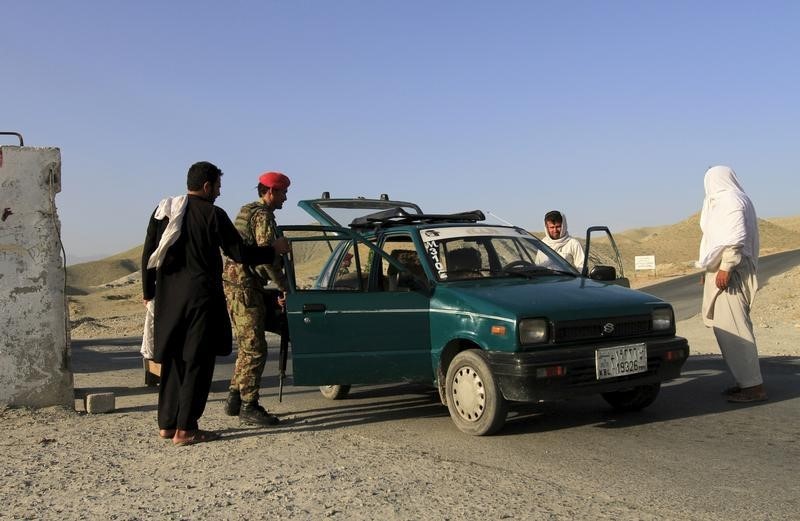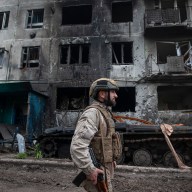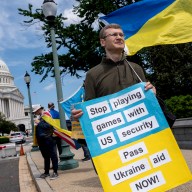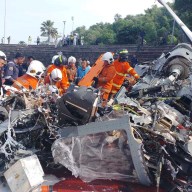By Phil Stewart
FORWARD OPERATING BASE FENTY, Afghanistan (Reuters) – An Afghan general leading the country’s battle against Islamic State has noticed something peculiar about the militant group’s fighters: They don’t loot ammunition after raids against his forces. For Lieutenant General Mohammad Waziri, it is a clear sign that the militants are well financed.
“They have a lot of money. Who’s giving it to them? How (are) they getting funds? I don’t know,” Waziri, the commander of the Afghan army’s 201st Selab Corps, told a small group of reporters on Sunday, speaking through a translator. The financing, the persistence of Islamic State attacks and the ease with which its forces are slipping back and forth across the Afghan-Pakistan border, are some of the reasons Waziri is not boasting too much about territorial inroads against the group this year. Many of those advances have been the result of U.S. air strikes against the group launched since U.S. President Barack Obama allowed the U.S. military in January to strike militants linked to Islamic State’s offshoot in Afghanistan, known as Islamic State-Khorasan Province. General John Nicholson, the top U.S. and NATO commander in Afghanistan, said the U.S. strikes had helped reduce the amount of territory where Islamic State has a presence in Nangarhar province to just two or three districts from a maximum of about nine last year. But Nicholson, too, was cautious.
“Is it as large as it once was? No. Are we encouraged by the reduction? Absolutely. But we need to keep the pressure on,” he told reporters.
Militants linked to the Iraq- and Syria-based Islamic State have never made as much progress in Afghanistan. Here, the group is thought to consist mostly of disaffected members of other insurgent movements, including the Taliban, who have often battled Islamic State for control of areas in Nangarhar. Waziri acknowledged an Islamic State presence in Kowt, Achin and Dih Bala districts.
Both Waziri and Nicholson, speaking separately, also warned about the group’s presence along the border with Pakistan. Waziri said Islamic State militants had training centers and arms depots there and estimated the group had up to 2,000 fighters in the border area. “They come and they leave,” Waziri said, speaking at U.S. Forward Operating Base Fenty in Nangarhar province.
Nicholson said Pakistan’s military leadership had also become concerned about Islamic State’s recruitment of Pakistani militants on its side of the Afghan-Pakistan border.
“These are the Taliban on the (Pakistan) side of the border who are fighting against Pakistan. Many of them have joined Islamic State,” he said.
(Editing by Helen Popper)
Islamic State’s Afghan foothold shrinks but attacks persist

By Phil Stewart


















